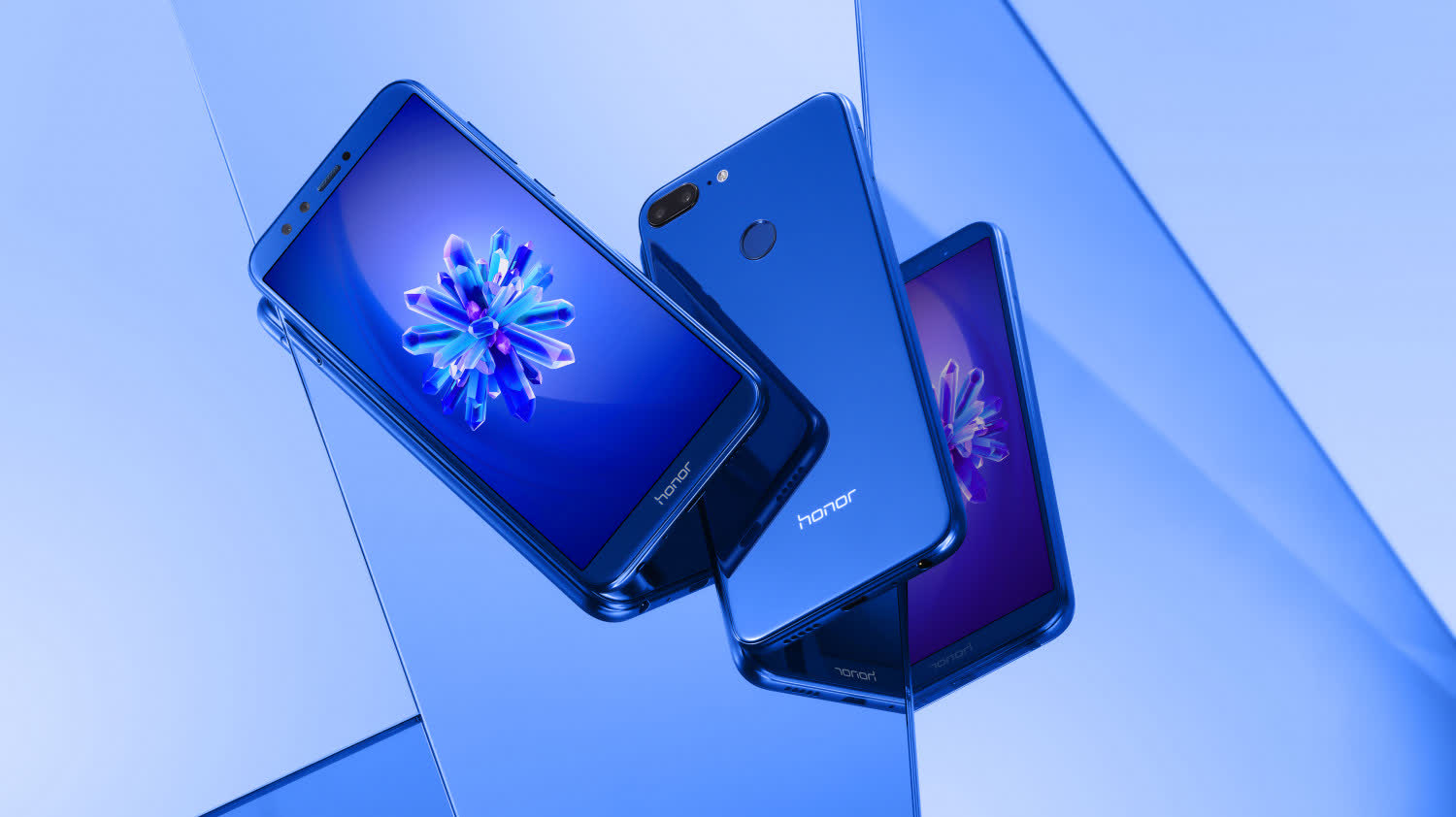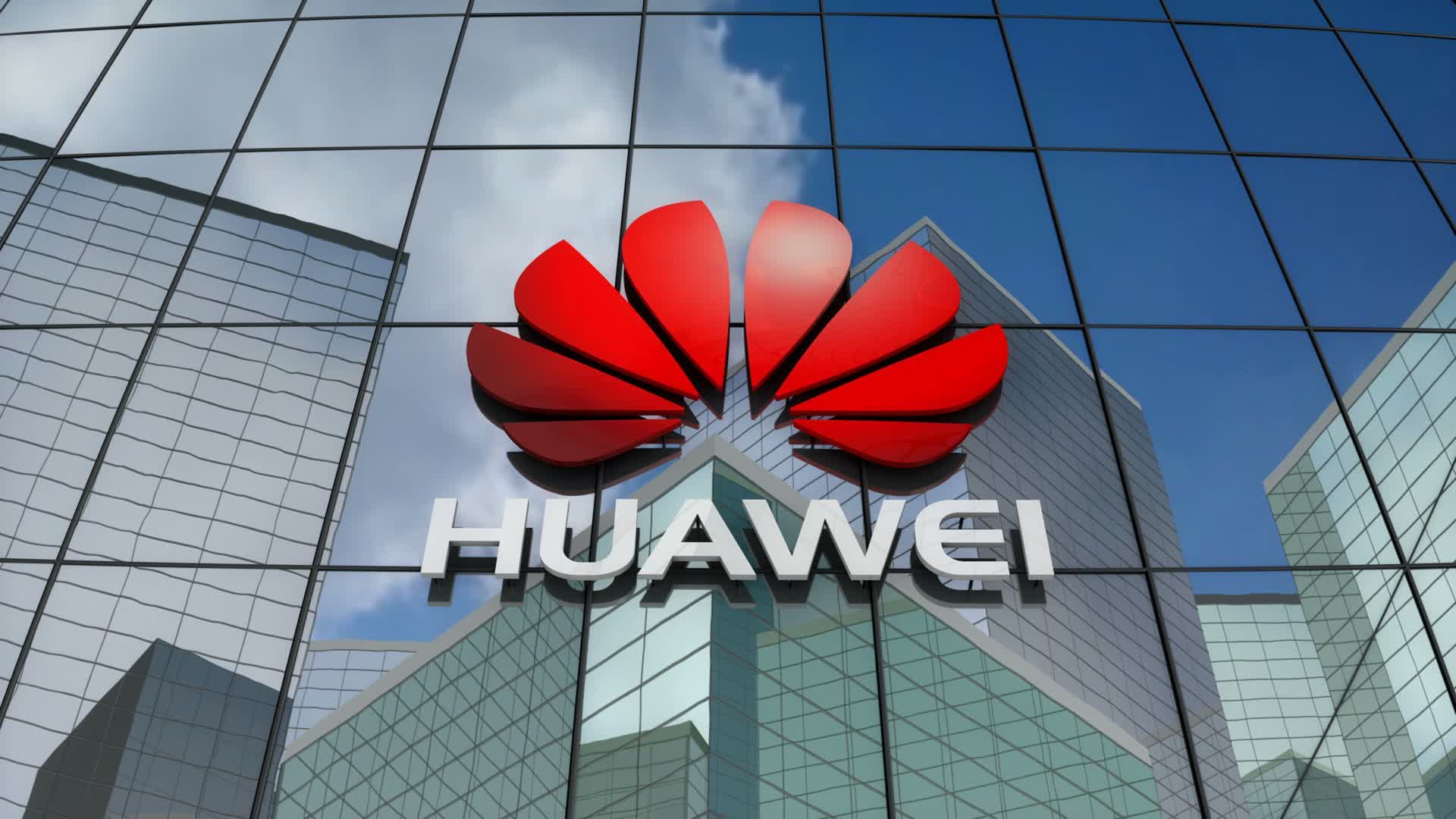Rumor mill: By now, it's no secret that Huawei will soon be unable to source essential components for its mobile phones, so the company may well be planning to downsize its mobile unit until it can figure out new suppliers. The trade ban reportedly has the Chinese tech giant exploring a sale that could include the Honor brand as well as research and development labs.
Huawei has been under a lot of pressure as of late due to losing access to crucial American suppliers and TSMC's foundry. It also stands to lose precious contracts for 5G deployments in Europe, which has the Chinese government looking into responding in kind when it comes to European companies that depend on its manufacturing giants.
Last month, Samsung, LG, and SK Hynix halted orders of NAND, DRAM, and display panels from Huawei and reapplied for a license that the US Department of Commerce has yet to approve. According to Reuters, the Chinese tech giant opened negotiations with several local companies to sell off parts of its Honor smartphone unit in a deal estimated at 25 billion yuan ($3.72 billion).
Among the potential buyers are Xiaomi, TCL, Gree, and BYD, but the current favorite is Digital China Group, which happens to be the leading distributor of Honor devices. The deal would include the Honor brand, research and development infrastructure, and the associated supply management business.

The move could theoretically benefit Honor as US restrictions would no longer apply to any potential buyers, although that could always change down the line. In the meantime, Huawei would focus its efforts on higher-end smartphones for which it has already amassed $23 billion worth of essential components.
Additionally, Huawei would no longer hold the crown as the world's largest smartphone manufacturer, as the Honor brand accounted for 26 percent of the 55.8 million units sold by the parent company in the second quarter of this year. Still, that only brought Huawei around 7 percent of the total operating profit in 2019, as margins on Honor smartphones are relatively low when compared to the higher-end offerings.
As it currently stands, Huawei is pouring vast amounts of cash into accelerating SMIC's development of a 7nm process node. However, it could take years for China's largest foundry to catch up to the rest of the industry, and it too was recently hit by US sanctions.
The Chinese tech giant is also working on a replacement for Android called HarmonyOS, but that is a distant dream according to its executives. If anything, Huawei has an uphill battle moving forward, and its only advantage is that the Chinese government will do anything to keep it going.
